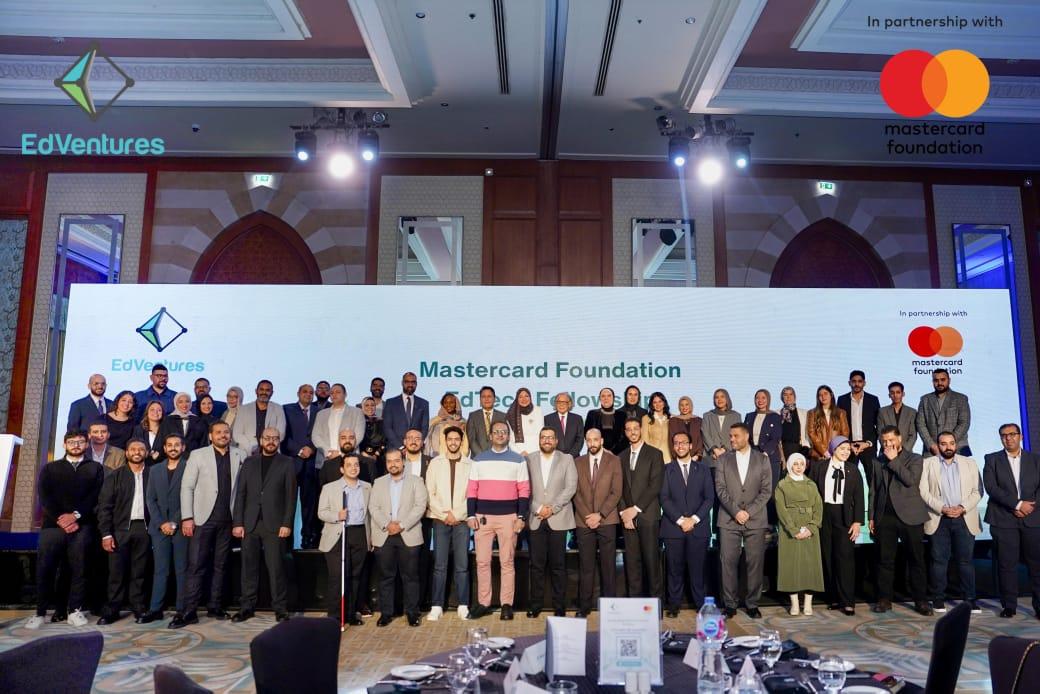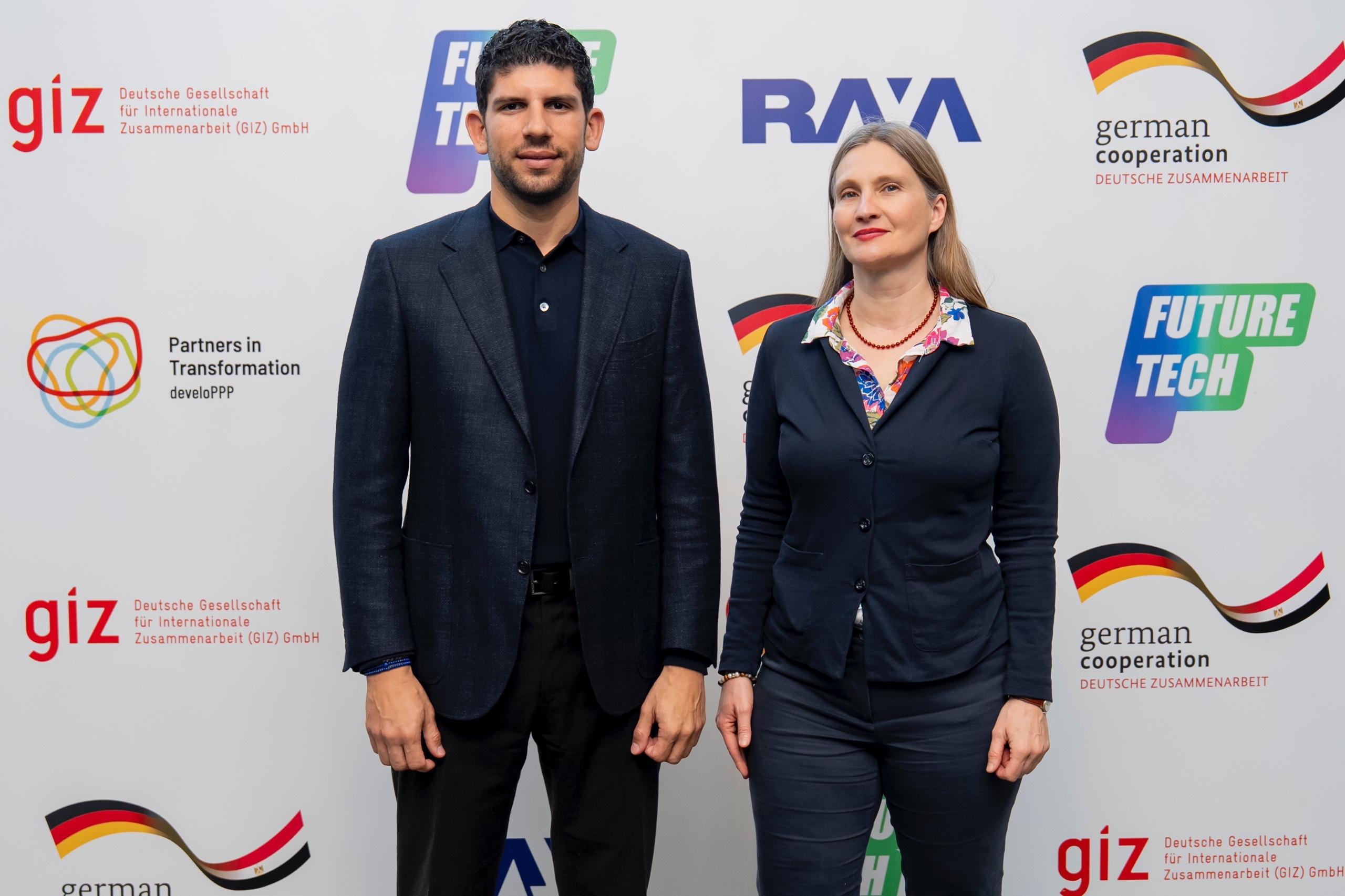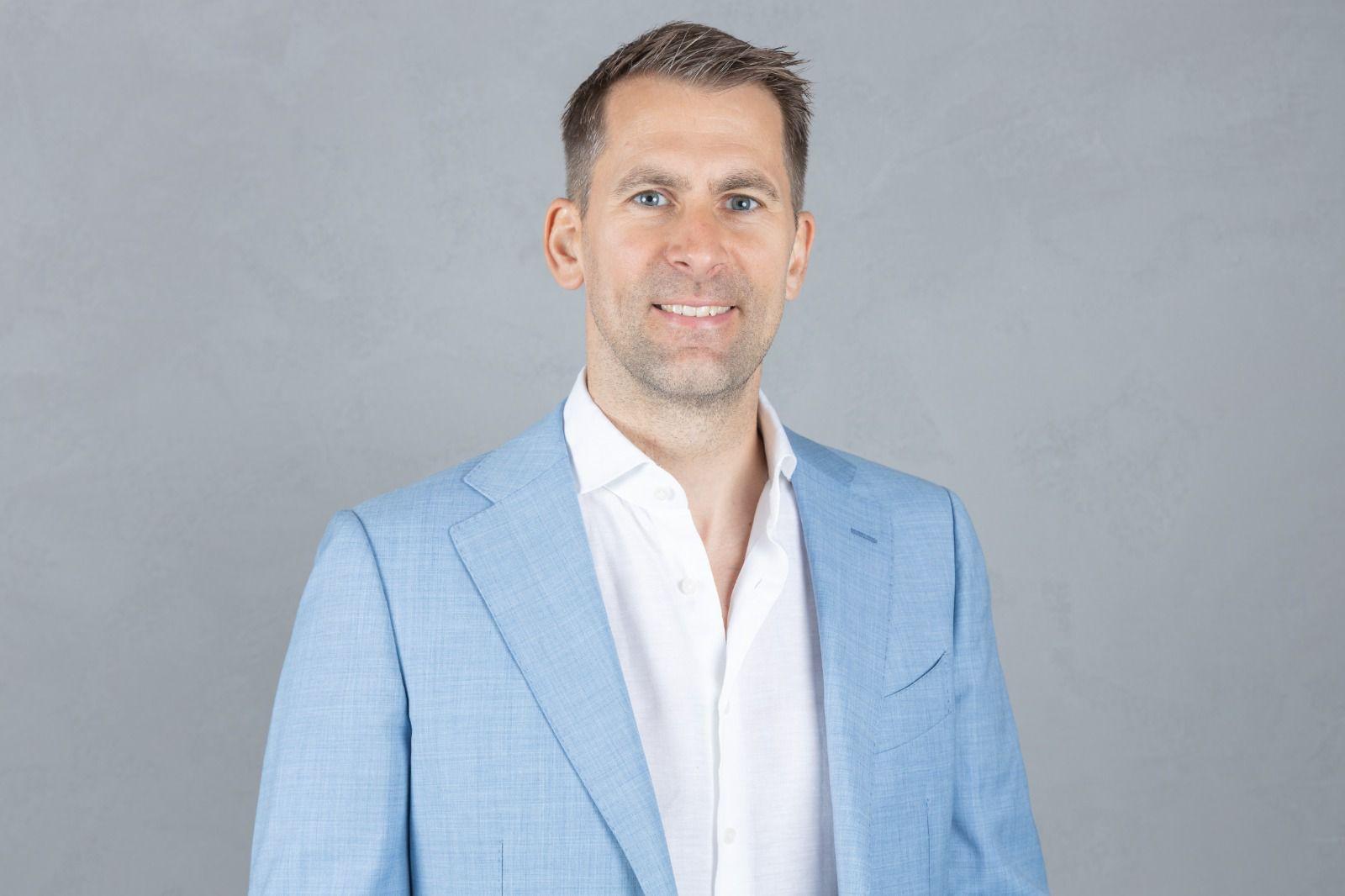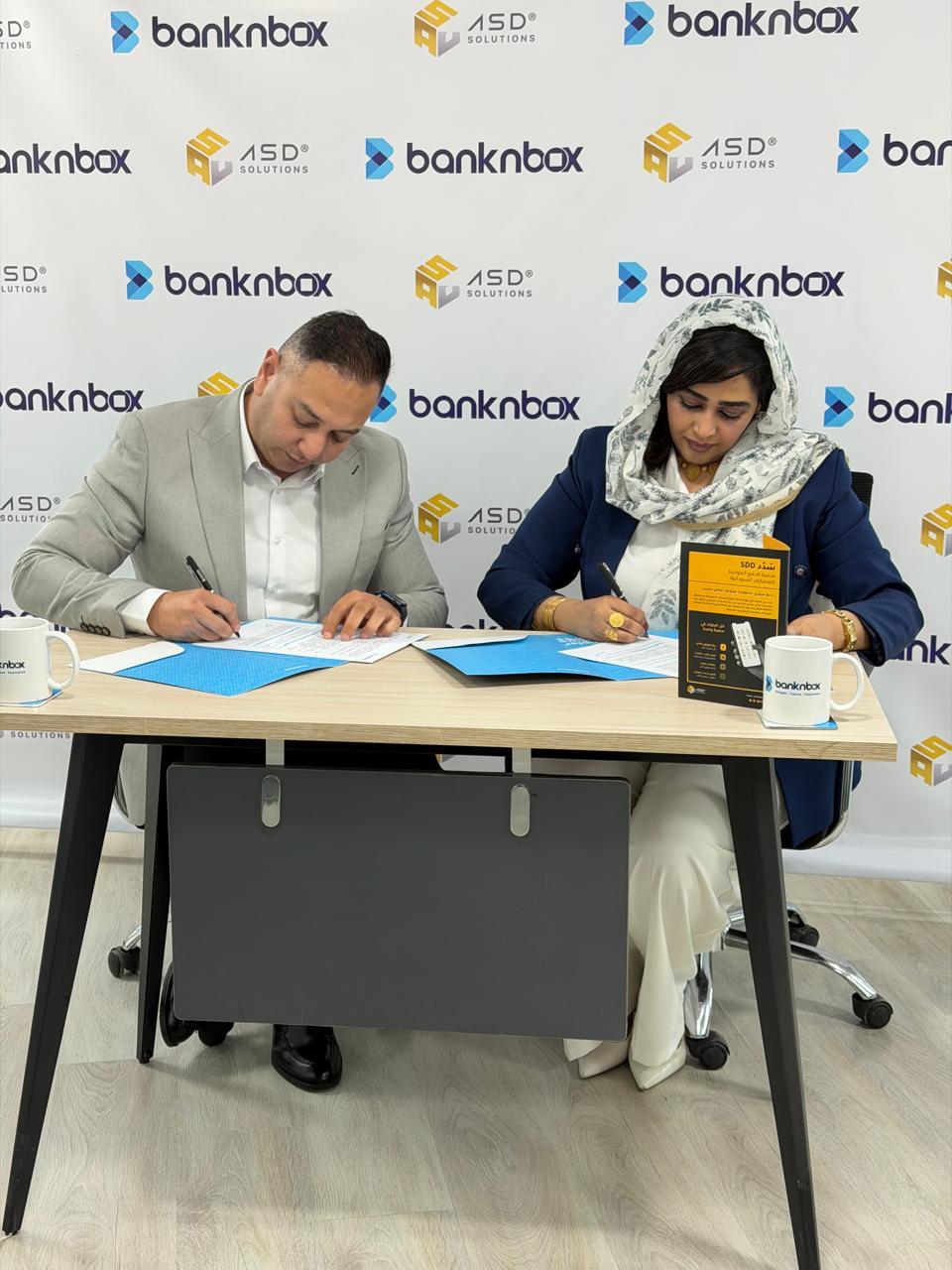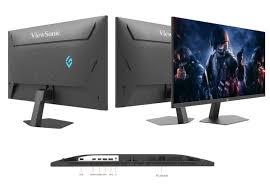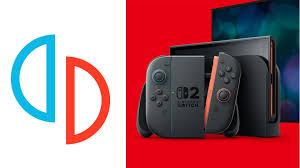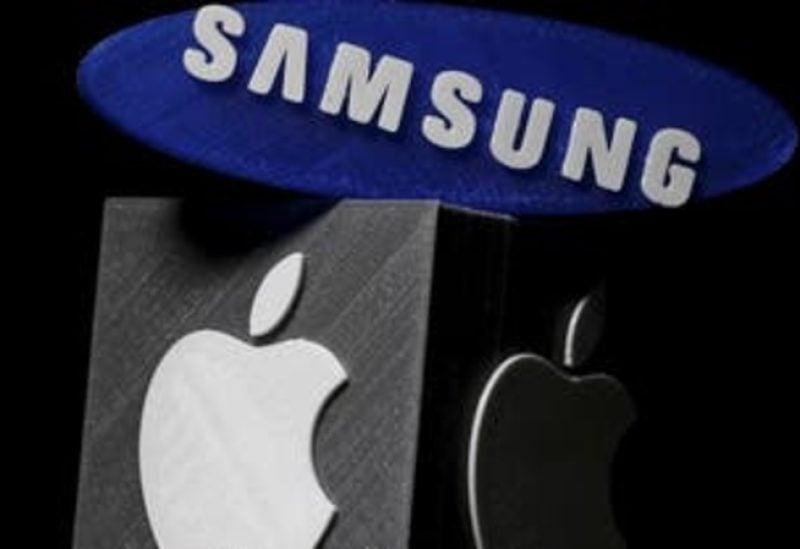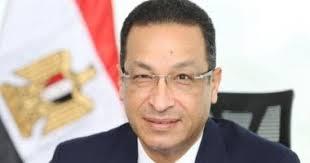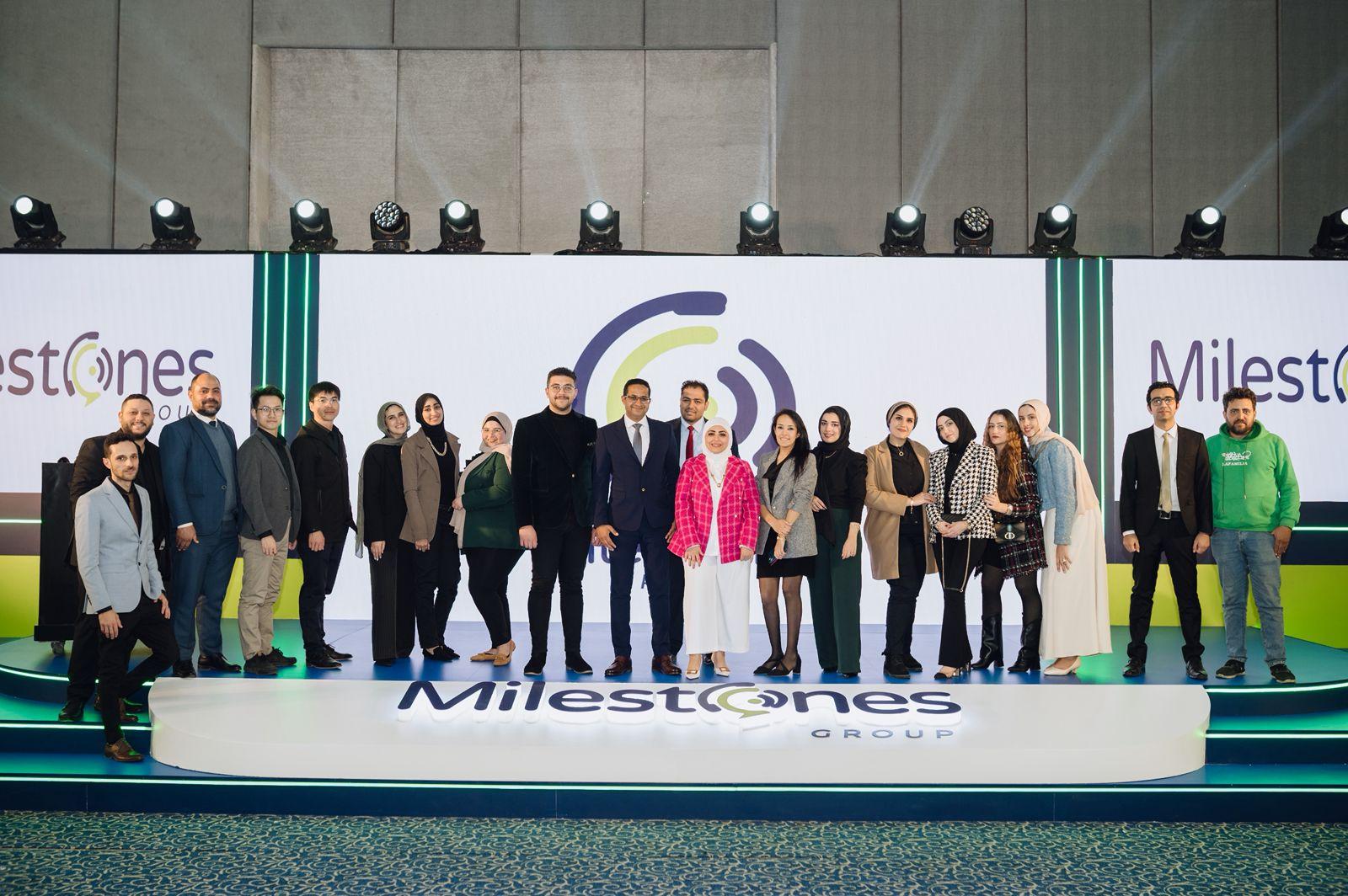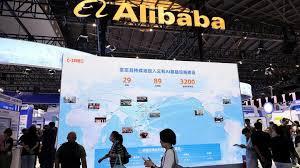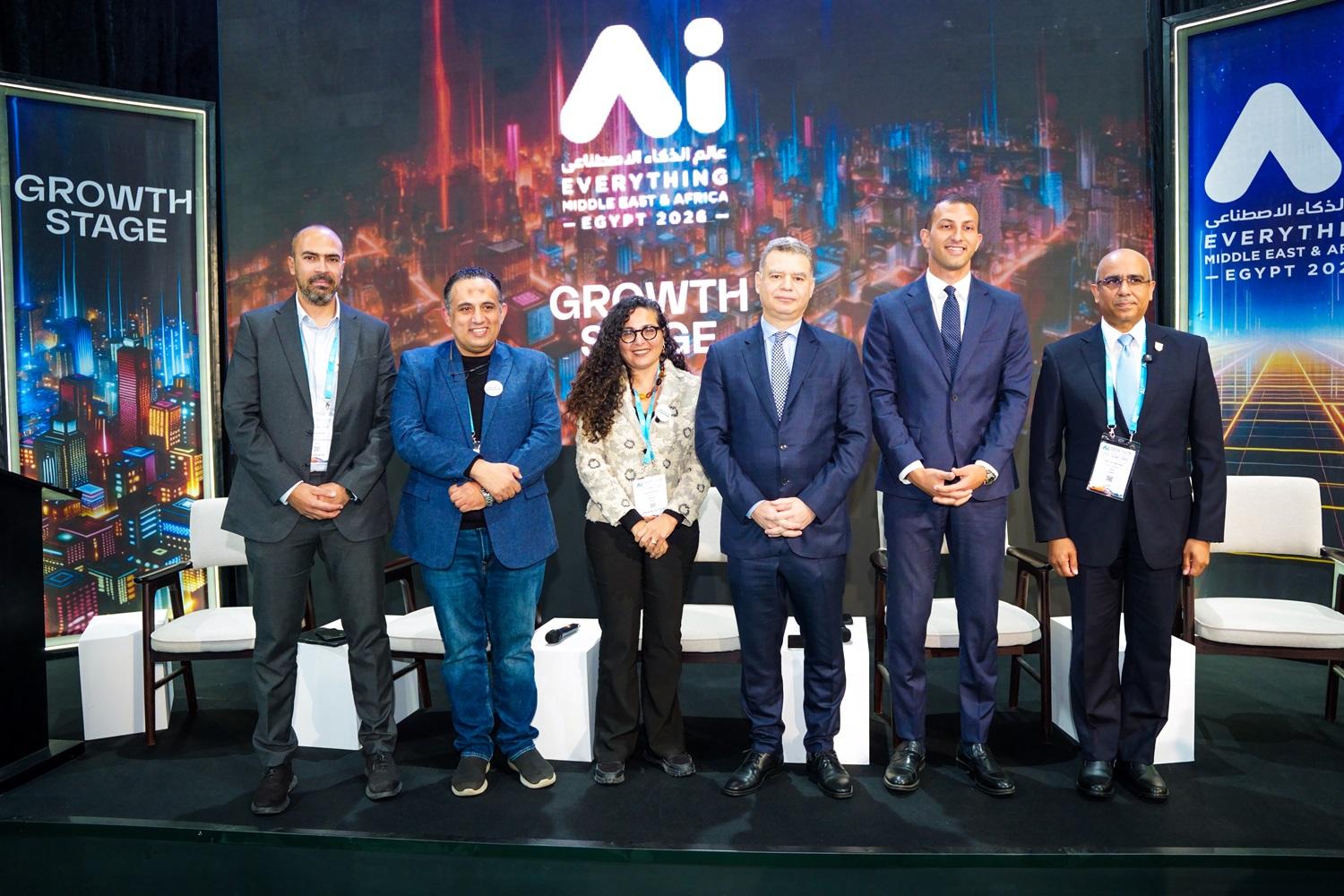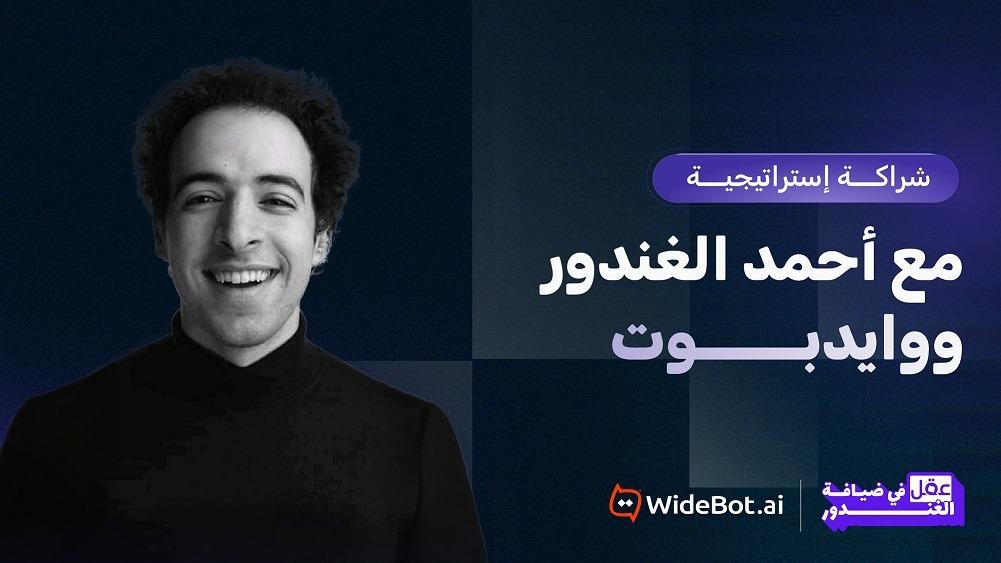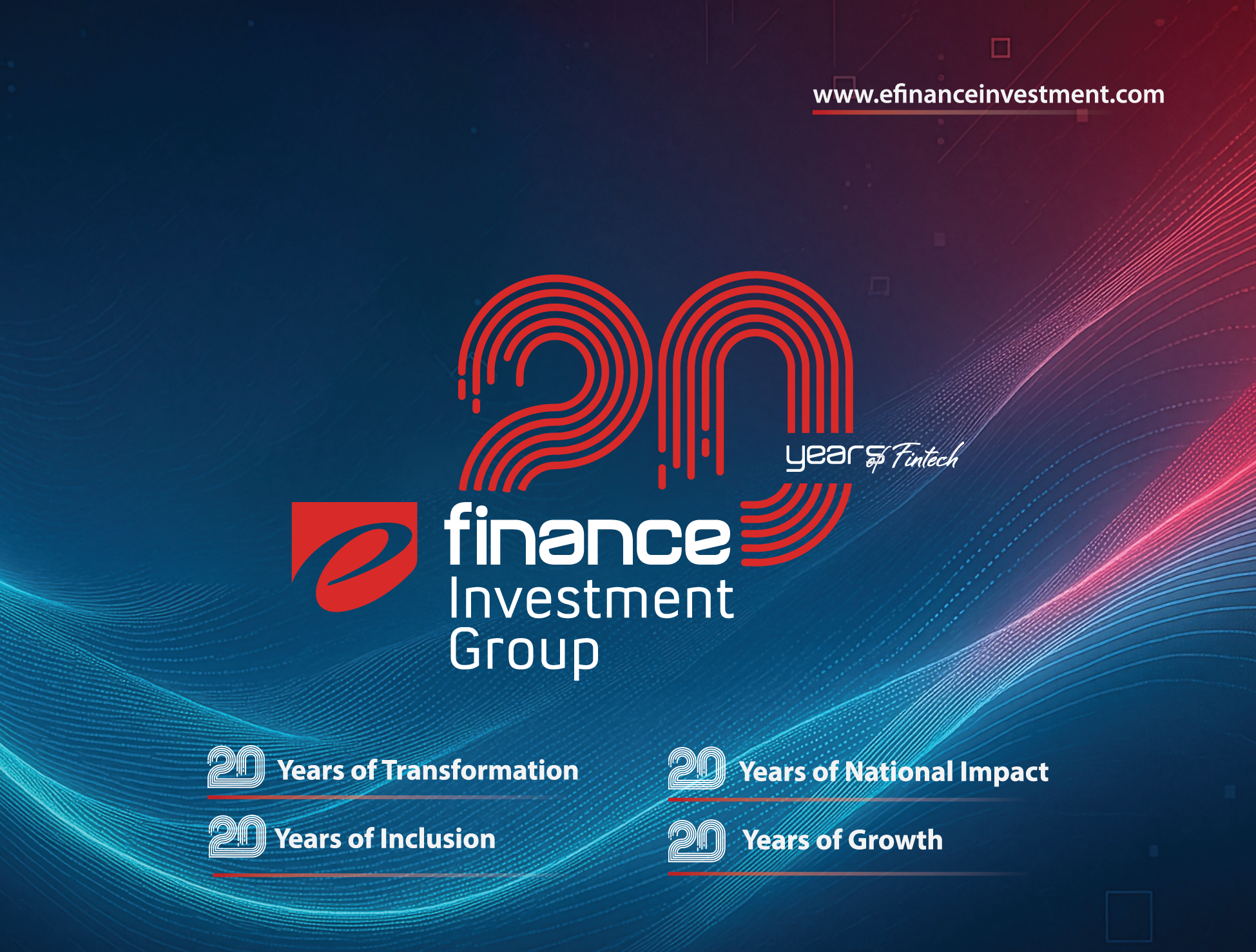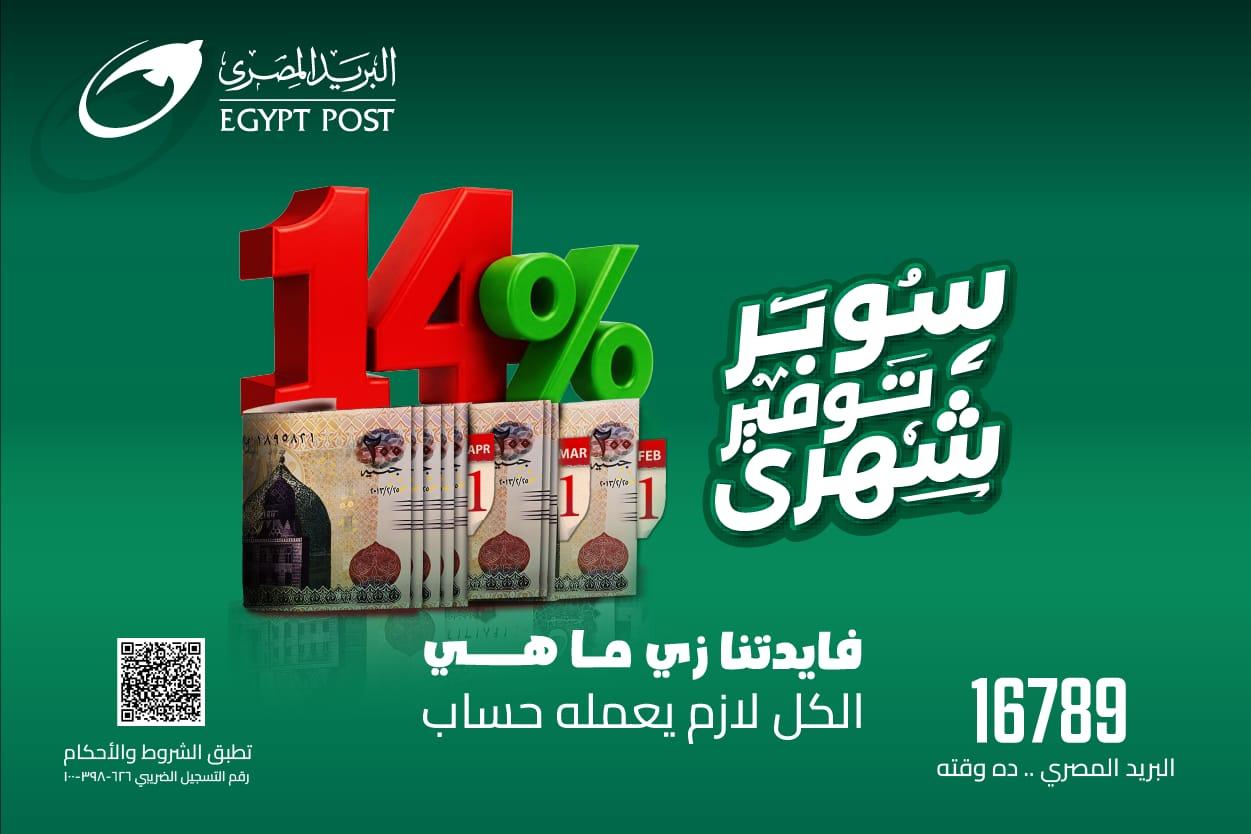Diversification of trade exchanges beyond food products imperative
More than eight million Arab Brazilians capable of playing unique role in strengthening of ties
Creation of focused groups necessary to bring business communities & investors closer
By ; Nahal Makled
Characterized by an increased adoption of technological advancements and modern communication tools to bridge gaps and strengthen partnerships, the pandemic period has in fact brought Brazil closer to the Arab region, said Nidal Abou Zaki, Managing Director of Orient Planet Group, during his participation at the Brazil-Arab Countries Economic Forum 2020.
This period following the outbreak of COVID-19 has added more flexibility and agility to the way business is conducted around the world and is set to pave the way for further strengthened Arab-Brazilian collaboration across multiple sectors, he said.
Hosted by the Arab-Brazilian Chamber of Commerce (ABCC) and inaugurated by Brazilian President Jair Bolsonaro, the special online edition of the forum themed ‘The Future is Now’ convened high-level authorities, business executives and other dignitaries from Brazil and Arab League member countries.
The four-day event took place from October 19 to 22 and featured discussion panels, signing of agreements, and an exhibition that was staged in a computer-generated 3D environment. Attendees at the forum included Ahmed Abou Al Ghait, Secretary General of Arab League; Ahmed Ali Al Sayegh, UAE Minister of State, Ministry of Foreign Affairs and International Cooperation; Dr. Abdullatif bin Rashid Al-Zayani, Minister of Foreign Affairs of the Kingdom of Bahrain; Khaled Hanafy, Secretary General of the Union of Arab Chambers; Ambassador Ernesto Araújo, Brazil's Minister of Foreign Affairs; Tereza Cristina, Brazil’s Minister of Agriculture, Livestock and Supply; and Ouided Bouchamaoui, Co-Laureate of the Nobel Peace Prize 2015. “There are more than eight million Arab Brazilians who are capable of playing a unique economic, social and cultural role in enhancing Brazilian-Arab ties, and this is an area that must be leveraged in order to strengthen relations and promote exchanges not only in the trade and businesses spheres, but also in the areas of art, culture and people to people relations,” said Abou Zaki.
“The Arab World is the fourth largest destination of Brazilian products abroad and these imports play a significant role in ensuring the region’s food security.
However, it is high time that we diversify our partnerships beyond food products and enhance cooperation on other strategic fields such as innovation, science, technology, e-commerce and energy.
” As the Arab World continues to accelerate the transition to a knowledge-based economy, the region’s markets present lucrative investment and partnership opportunities for companies from the vast South American nation.
The potential of advanced communication tools must be harnessed in this regard, and possible business and investment collaborations must be explored through the creation of focused groups from both markets to facilitate technology transfer and exchange of experiences. In 2019, the trade exchanges between Brazil and Arab countries surpassed USD 11 billion.
Exports from the Arab countries to Brazil include mineral fuels; mineral oils; bituminous substances and mineral waxes; fertilizers; plastic; and salt and sulphur. Top Brazilian products exported to Arab countries are poultry; cane sugar, coffee, iron ores and concentrates; bovine meat; corn; tubes, pipes, and hollow profiles; and gold.





